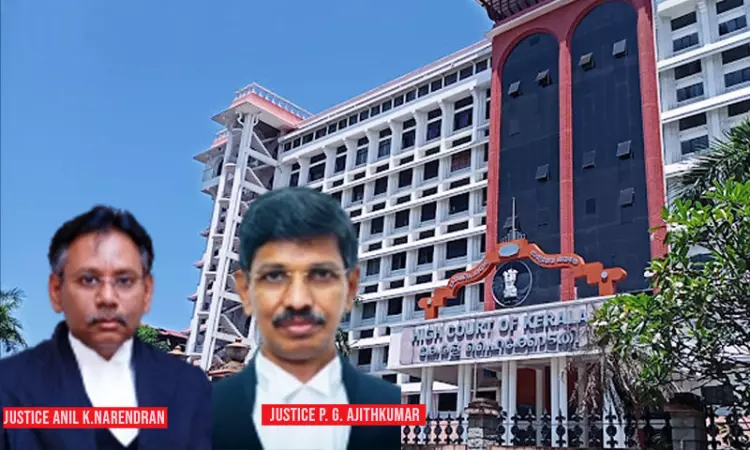Hereditary Trustees Can Be Employed In Temples Upon Relinquishing Trusteeship: Kerala High Court
Hannah M Varghese
15 Sept 2023 1:30 PM IST

Next Story
15 Sept 2023 1:30 PM IST
The Kerala High Court on Thursday ruled that a hereditary trustee or a member of the family with a hereditary right of trusteeship is not barred from being appointed as an employee in the temple as long as they relinquish their claims to trusteeship before applying.A division bench of Justice Anil K Narendran and Justice P.G Ajithkumar discussed the social reality that hereditary...
